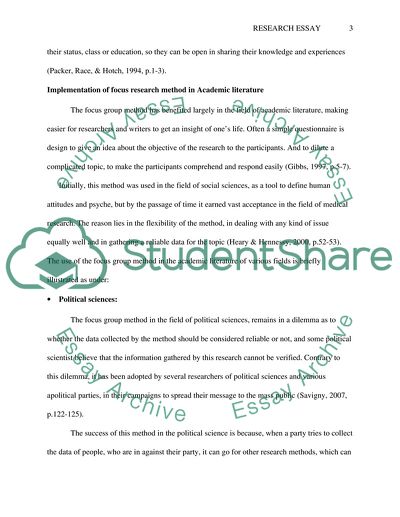Cite this document
(The Use of Focus Groups for Idea Generation Term Paper, n.d.)
The Use of Focus Groups for Idea Generation Term Paper. Retrieved from https://studentshare.org/human-resources/1606134-qualititive-method-focus-group
The Use of Focus Groups for Idea Generation Term Paper. Retrieved from https://studentshare.org/human-resources/1606134-qualititive-method-focus-group
(The Use of Focus Groups for Idea Generation Term Paper)
The Use of Focus Groups for Idea Generation Term Paper. https://studentshare.org/human-resources/1606134-qualititive-method-focus-group.
The Use of Focus Groups for Idea Generation Term Paper. https://studentshare.org/human-resources/1606134-qualititive-method-focus-group.
“The Use of Focus Groups for Idea Generation Term Paper”, n.d. https://studentshare.org/human-resources/1606134-qualititive-method-focus-group.


